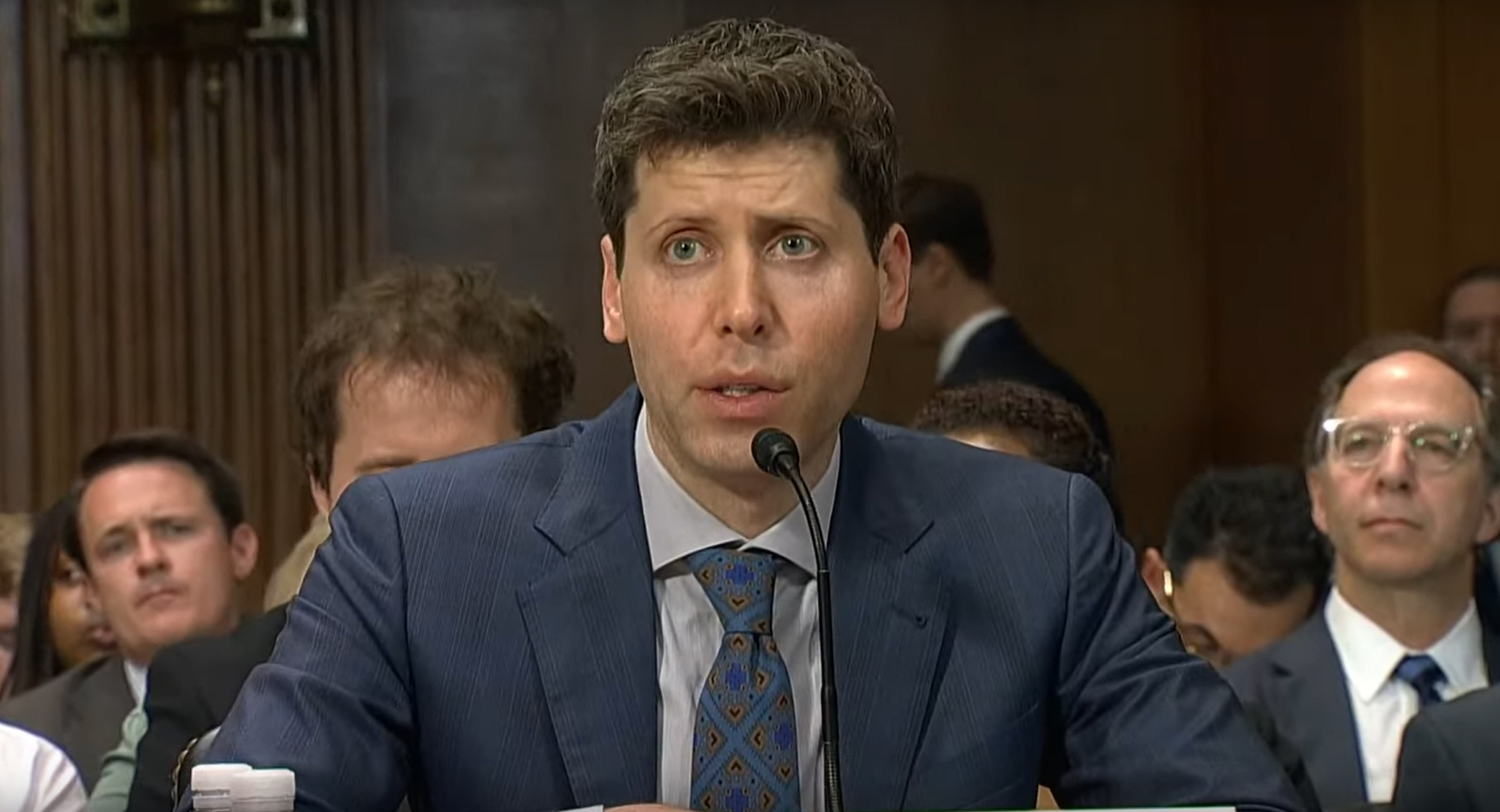The US tech giant Google will not be forced to divest Chrome or Android following the long-running US monopoly case.
Judge Mehta ruled that while Google holds a monopoly in traditional search, the rise of AI companies is creating new competitive pressures.
The judgement prevents Google from striking exclusive distribution deals but still allows it to pay partners for preloading and placement of its products. The court also ordered Google to loosen its control over search data, a move that could enable rivals to build their own AI-driven search tools.
Yet, concerns remain for e-commerce businesses.
Google Zero, the company’s AI-powered search summary, is cutting website traffic by keeping users within Google’s results.
Research shows sharp declines in mobile click-through rates, leaving online retailers uncertain of their future visibility.
Experts warn that zero-click searches are becoming the norm. Businesses are being urged to optimise for Google’s AI overviews, enhance the value of product and review pages, track traffic impacts, and diversify their marketing channels.
While Google has avoided structural remedies, its dominance in search and AI appears far from over.
Would you like to learn more about AI, tech and digital diplomacy? If so, ask our Diplo chatbot!










